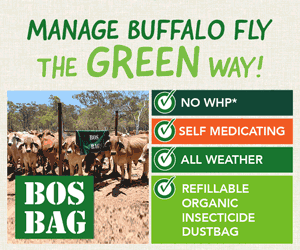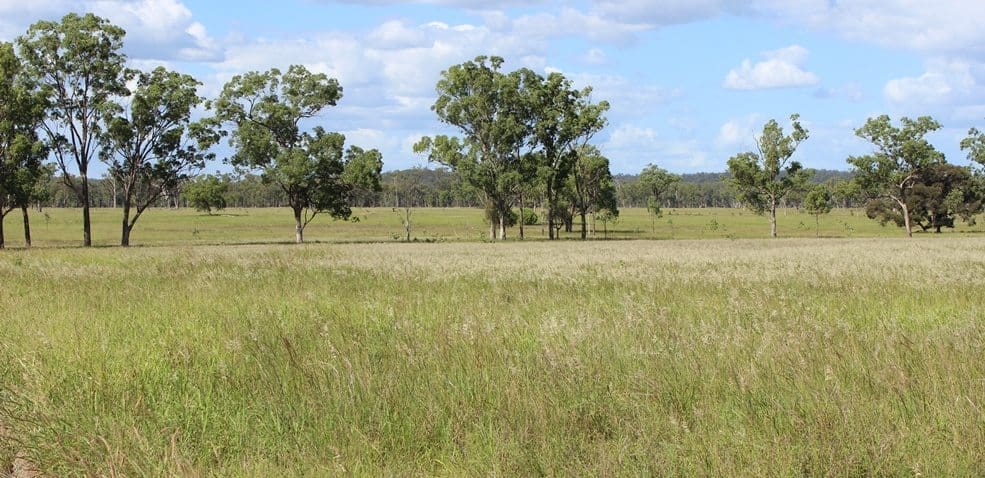QUEENSLAND beef producers have again been the subject of a series of a land clearing complaints, with two groups attacking the industry over the number trees being knocked down for beef production.
The newest criticism has come from the Queensland Conservation Council with a series of claims about the industry – including that between 2014 and 2019, 78 percent of deforestation of endangered regional ecosystems was for pasture and that beef pastures destroyed habitats for 388 nationally threatened species and 14 threatened ecological communities.
QCC has also been encouraging its members to email Premier Anastacia Palaszczuk and strengthen vegetation management laws.
A week before, the Australian Conservation Foundation claimed that more than 400,000 hectares of habitat for threatened species and ecological communities was cleared in Queensland—without approval or assessment from the federal regulator.
The ACF claims have been heavily refuted by Qld’s state farm organisation Agforce, with CEO Michael Guerin penning an opinion article calling for the organisation to look at the nuances of the data they used.
Mr Guerin said this year’s Statewide Landcover and Trees Survey (SLATS) – a Qld Government satellite benchmark for tracking tree coverage, revealed 0.2pc of regulated vegetation in the state was cleared for sustainable production in 2018/19, and that the limited amount of unexplained clearing of remnant vegetation has remained the same since 2017 – at 0.04pc of the vegetative cover.
“In reality, there has been no significant clearing of trees in Queensland, and sensational claims of land clearing the size of football pitches are just not true,” he said.
“Our farmers value protected plant and animal species, and they are united in their desire to produce safe, delicious, healthy food for the rest of us in Australia and throughout the world.”
Tough cop on the beat
Beef Central contacted the Federal regulator, the Department of Climate Change and Energy, to see if it was looking into the ACF claims. A spokesperson said clearing fell under state law and directed us to a review being undertaken environment minister Tanya Plibersek’s department.
A spokesperson Ms Plibersek said the Federal Government looking to put a “tough cop on the beat” of land clearing.
“Tomorrow, the Government will deliver a full response to the Samuel Review. This will outline the government’s reform directions to protect, manage and restore our environment, including addressing concerns around the cumulative impacts of regulated and unregulated land use,” the spokesperson said.
“A key component of the response will be outlining the next steps to deliver a national Environment Protection Agency (EPA), a tough cop on the beat, resourced and empowered to enforce Australia’s national environmental laws.
“The government has also committed to introduce new legislation in 2023 and to engage on its development with a broad range of stakeholders and partners, including First Nations groups, business, environment groups, scientists and state and territory governments.
“Proposed legislative reforms will modernise the available compliance and enforcement provisions.”
Call to incentivise rather than penalise
Land clearing laws have been a political football for decades and one of the country’s largest carbon aggregators is calling for governments to rethink their approach to land clearing.
GreenCollar chief executive and co-founder James Schultz said the company would like to see more incentives to not clear land, rather than rely on legislation.
“We have been trying to address land clearing in this country for a very long time and it is generally to the farmers’ detriment,” Mr Schultz said.
“We try and solve the problem by putting in a law that says, ‘you can’t do it’, then there is a change of government and the law is repealed.
“It does not deliver good conservation outcomes if you have legislation that comes in and goes out. Landholders are confused about what they can and cannot do and it often drives opportunistic clearing because people are worried they will lose the right to clear.”
The carbon market is one of the Australia’s main policies designed to incentivise the reduction of land clear – with avoided clearing one of the most common ways of generating Australian Carbon Credit Units.
GreenCollar has been a supporter of the developing biodiversity market, which was announced by the previous Federal Government. The company has made its own biodiversity conservation and crediting scheme called Nature Plus.
 “We are particularly interested in areas where carbon might not be the appropriate tool,” Mr Schultz said.
“We are particularly interested in areas where carbon might not be the appropriate tool,” Mr Schultz said.
“You might have an area of protected koala habitat, where you can’t clear it but you are still grazing through it, than there may be some management you can use to enhance it as koala habitat – like weed or feral animal control.
“We want to see things that reward landholders that rewards management that delivers good agricultural outcomes and good conservation outcomes at the same time.”
Mr Schultz said clearing was not always essential to increasing the economic viability of a farm.
“We have a big land clearing footprint in this country, significantly higher than it needs to be,” he said.
“Clearing is one of the ways to manage land, but it is not the only way to do it. If you were getting paid for keeping trees in the ground, you can put that money into infrastructure and intensification efforts in other parts of the farm.”
- Beef Central will have a follow up article looking at how the carbon farming framework may be increasing the rate of clearing

